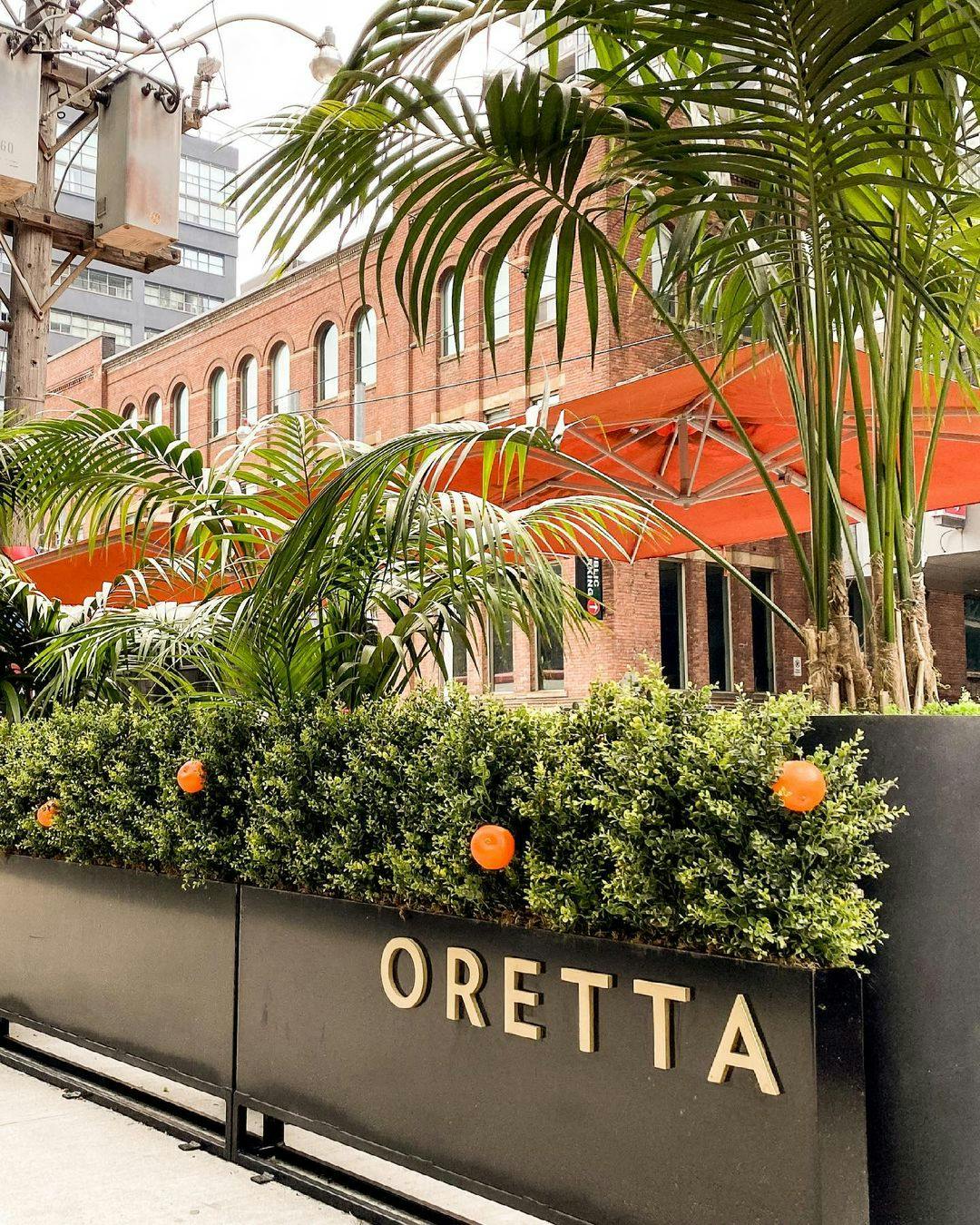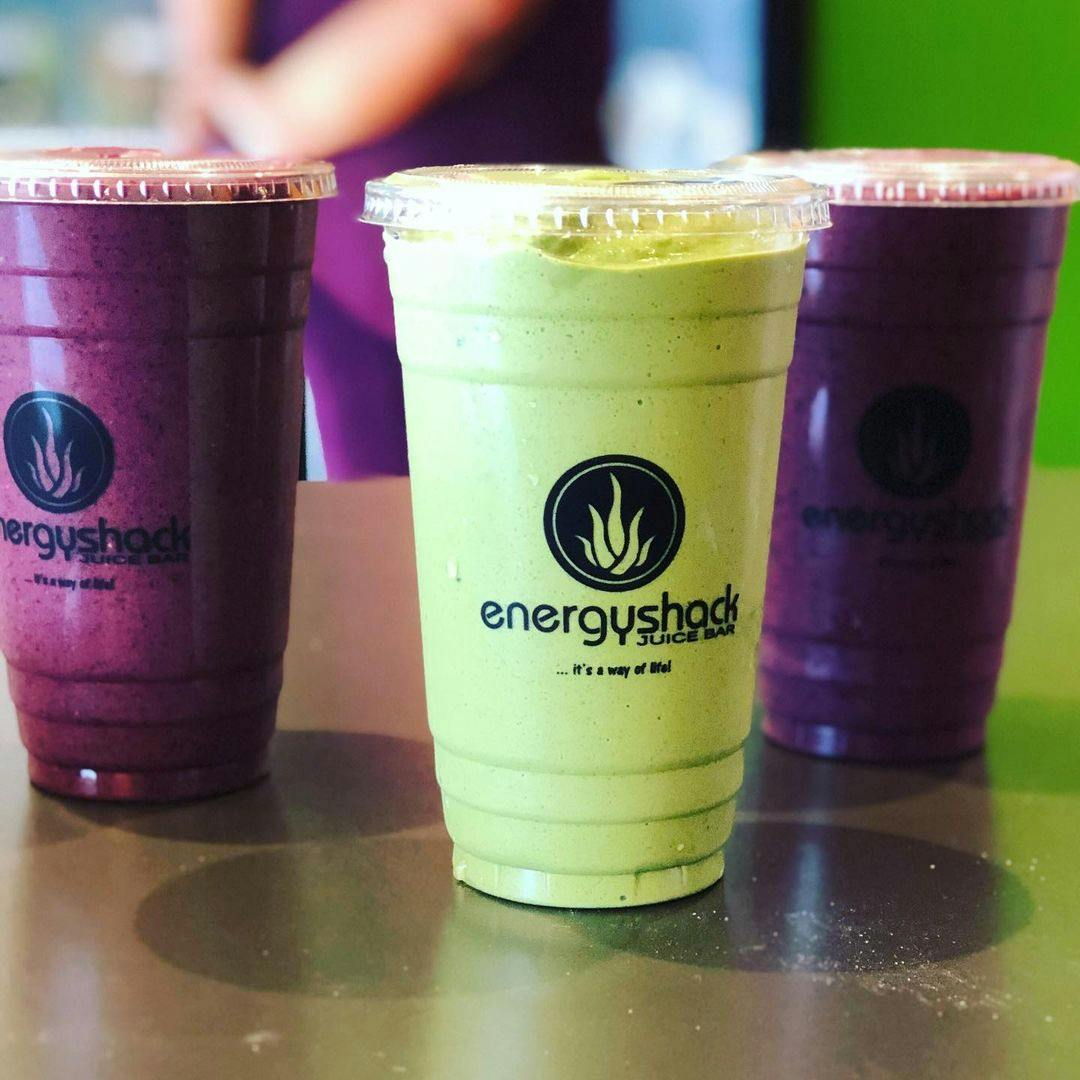
As of yesterday, Ontario residents have been required to show proof that they’ve been fully vaccinated against COVID-19 in order to enter “higher-risk” indoor public settings, which includes indoor dining and bars inside of restaurants. The province announced the new policy in mid-August.
Ontarians will be required to show verification through a paper or digital receipt of their full vaccination status, including 14 days since their last dose, along with valid photo identification in order to enter specific indoor spaces, which also includes gyms, theatres, nightclubs, sporting events and concerts. Outdoor patios, delivery, and takeout from restaurants will not require proof of vaccination.
On Oct. 22, the province is planning to shift to certificates that include QR codes containing similar information to the previous paper or digital certificate. The province says it will develop a “verification app” that allows businesses and facilities to scan the QR codes that will provide an individual’s vaccination status.
Jan Stoeckmann, the general manager of Oretta on King Street West, says he fully supports the mandatory vaccine passports for indoor dining. Although, he says he knows that Oretta will probably lose a few customers here and there.
"If it helps the industry stay open and to get it back to what it was pre-pandemic, I think it's a good thing,” he says. “At the end of the day the people that are not vaccinated are being so limited in what they want to do. It's tricky and I think more people will get vaccinated eventually.”

To accommodate the checking of vaccine receipts, he says they’ve added additional staff that will check their customers’ receipts along with their IDs.
Oretta has both indoor seating and an outdoor patio, and since a full COVID-19 vaccination is only required for indoor dining, unvaccinated guests are still able to be seated outside. Stoeckmann says they will most likely divide the task of checking IDs and vaccine receipts a bit differently between hostesses managing their indoor or outdoor seating.
"We're going to see how it goes,” he says. “Of course it's also new for us.”
When it comes to those who don't wish to comply with requiring vaccine receipts, Stoeckmann says they will try to explain to them why it's required and will also offer them their outdoor seating. "We are trying to find the best approach in order to not make them feel that they're not wanted here anymore,” he says.
He says he saw this policy coming––he's from Europe and has watched as they’ve implemented similar policies to that of Ontario. Earlier this summer, the French government made vaccinations mandatory by Sept. 15 for workers in the healthcare sector and made it mandatory for a health pass––proof of full vaccination or a negative test––to be required to visit some public venues, including restaurants and cafés. Greece made vaccination mandatory for nursing home staff and healthcare workers, and Italy has just recently made COVID-19 vaccine certificates mandatory for all workers beginning in mid-October.
James Rilett, the vice president of Central Canada for Restaurants Canada, says they support anything that keeps restaurants open.
“The last thing we want is to see restaurants have further restrictions on them, so we're willing to work with the government to implement this plan,” he says.
Although Rilett notes that their only disappointment is that the Ontario government should have introduced the mobile app and QR code right away and not delayed it for a month, as those features begin at the end of October.
He says he’s seen restaurants handling the checking of vaccine passports two different ways: either training all of their staff or only choosing one person to be responsible for verifying vaccination statuses. But he adds that it puts more pressure on some restaurant employees.
“If you're a licensed establishment, most staff are used to checking ID's and dealing with people when asking for them,” he says. “If you're not in a licensed establishment, it's all brand new so your staff won't be trained.”
While the majority of restaurants seem to support mandatory vaccine passports and have adjusted their businesses to accommodate them, some establishments are against the mandatory vaccination policy for indoor dining.

Carolyn Nichol, the owner of Energy Shack Juice Bar in Scarborough and a certified holistic nutritionist, says that she won't be asking anybody their vaccination status before she serves them.
“I feel that your medical status is a very personal question,” she says. “So to me, I'm just not comfortable asking people their personal information before I sell them something that I don't think is personal, like a smoothie.”
She says she’s fine with customers showing her their vaccination receipts if they’re comfortable, but she won’t be asking for them herself. “I'd rather close my doors before I start asking people personal questions that I'm not comfortable with,” she says.
NoPass List, a website where people can post their businesses that won’t be enforcing the vaccine passport, also currently lists 99 businesses in Toronto with four of them being restaurants.
Stoeckmann says he sees the human rights issue with mandating vaccines, but in order to keep their restaurant afloat and running, their best course of action is to follow these new rules.
“I understand if somebody was against injecting something into their body,” he says. “But since it's government regulation now, that's what Oretta will go with in order to do everything that's legal and to support ourselves.”










